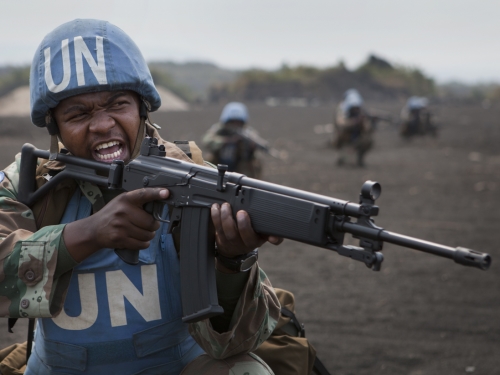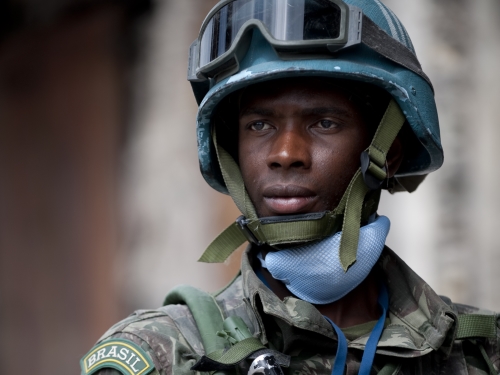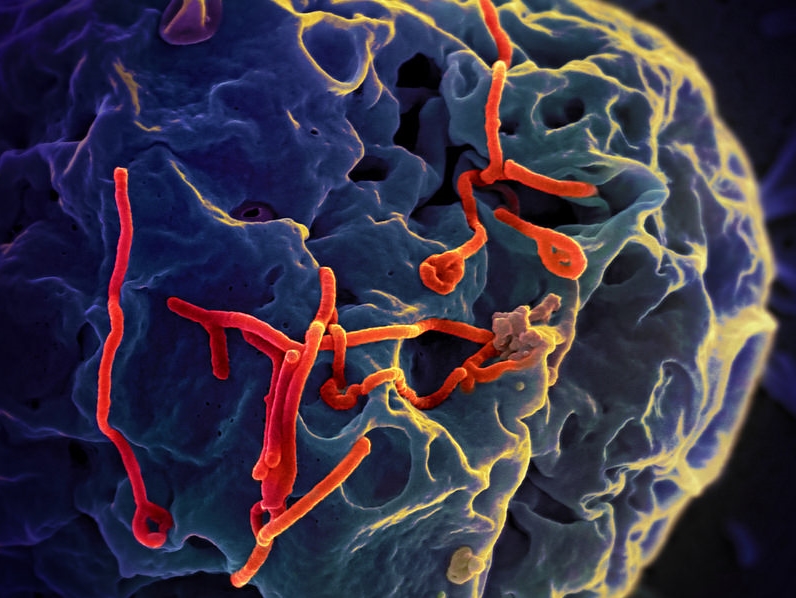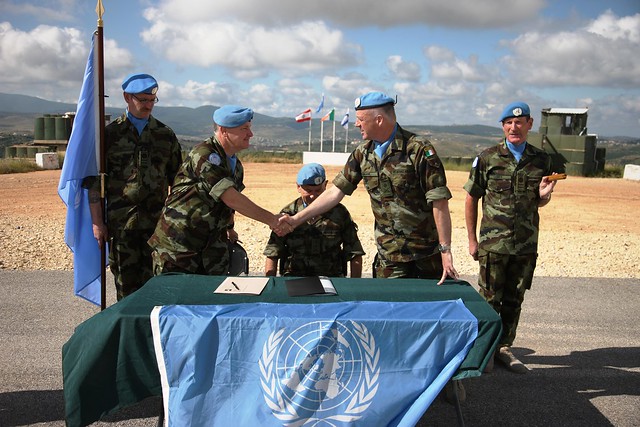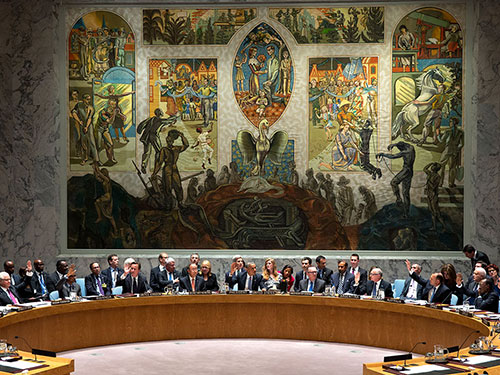
This article was originally published by the Centre for International Policy Studies (CIPS) on 1 October, 2015.
There is no more annoying phrase in discussions of international affairs than “If the United Nations did not exist, we would have to invent it!” It is certainly true that the world urgently needs an effective collective security organization today. But the organization it needs bears only a passing resemblance to the UN we currently have.
A genuinely “fit for purpose” UN would have the tools to manage three dangerous trends in international conflict. The first is the resurgence of major power competition in trouble spots such as the eastern Ukraine, South China Sea and Syria. The second is the proliferation of transnational violent extremism in the Middle East and North Africa. The third is the problem of chronic instability in fragile states and regions such as the two Sudans.

